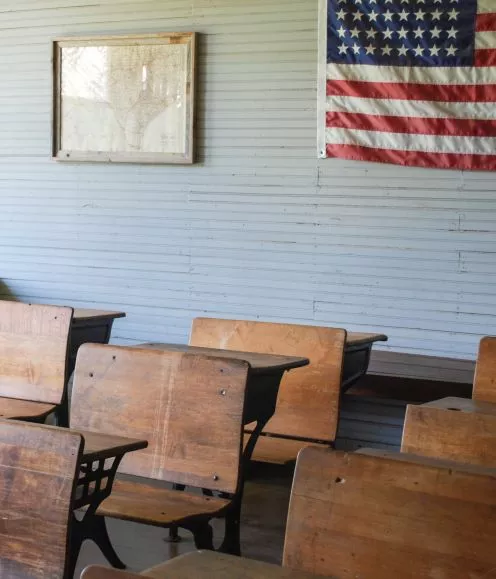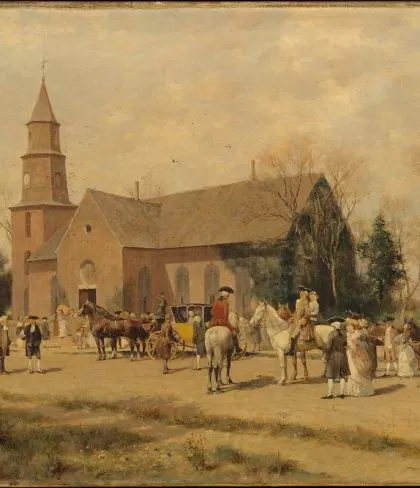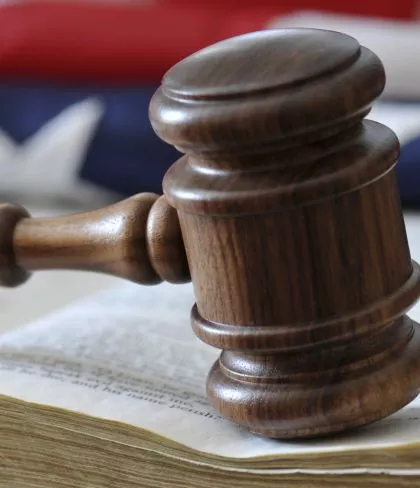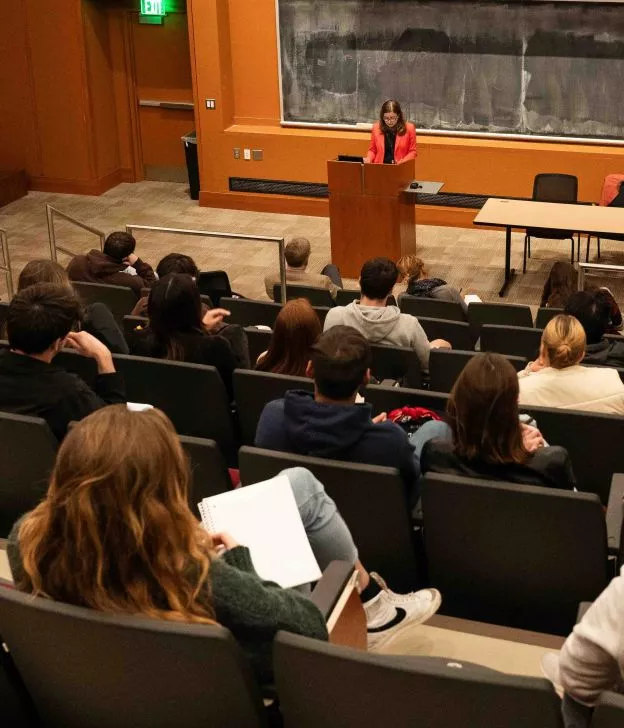
History, Community Colleges, Humane Letters, & Law
Enhancing civic education in new academic disciplines and institutions through faculty training and course development.
Civic education requires more than learning about the three branches of American government.
It requires a balanced education about the cultures, traditions, and philosophy that underpin civic life. It requires the critical thinking and deliberative skills. In the words of JMC board member and former president of St. John’s College, John Agresto, “Civic education requires liberal education.”
For a balanced liberal education to thrive in the current higher education landscape, we must invest in the academic fields and institutions that make such an education possible.
The Jack Miller Center has had tremendous success in transforming the American Political Tradition into one of the most thriving disciplines in political science by investing in talented scholars, rigorous academic research, and campus programs for student engagement.
Now, it’s time to invest in new disciplines to ensure a robust and balanced civic education.
Expanding civic education in new disciplines
We believe that an ideal civic education is interdisciplinary and rooted in the liberal arts. These targeted projects expand on our progress in the field of political science to improve civic education in community colleges, law schools, humanities courses, and history classrooms.
Community Colleges Initiative
Our nation’s community colleges serve a critical role in American education, teaching 41% of students across this country. Yet community college educators receive little professional development or educational support.
Our Community College Initiative aims to help faculty through content-based professional development seminars, professional networking, and course development.

Humane Letters Initiative
The humanities play a crucial role in a balanced civic education. Literature, art, and philosophy, for example, are essential in helping us understand our culture and traditions. However, the humanities are disappearing from many college campuses across the country.
Our Humane Letters Initiative aims to engage scholars from across the humanities to revive civic education in the liberal arts tradition.

American History Initiative
At this time when the serious teaching of American civics and history is so badly needed, the field of American history has fallen noticeably behind. History departments are being slashed, history courses are being removed from curricula, and many of the courses that remain are focused on ideological narratives.
In 2023, the Jack Miller Center launched the History Initiative to revive this vital part of civic education.

Law School Initiative
Law schools, in their study of case law and precedent, have unfortunately neglected the foundations of the American legal system found in Enlightenment philosophy.
The JMC Law School Initiative aims to increase the emphasis on political theory and America’s founding principles and history in law school curriculum through faculty network building and course development.

The case for a robust civic education

News
Civic Education Requires Liberal EducationJack Miller Center Board Member, John Agresto, writes about the state of civic education in American universities and the need for a liberal education.
